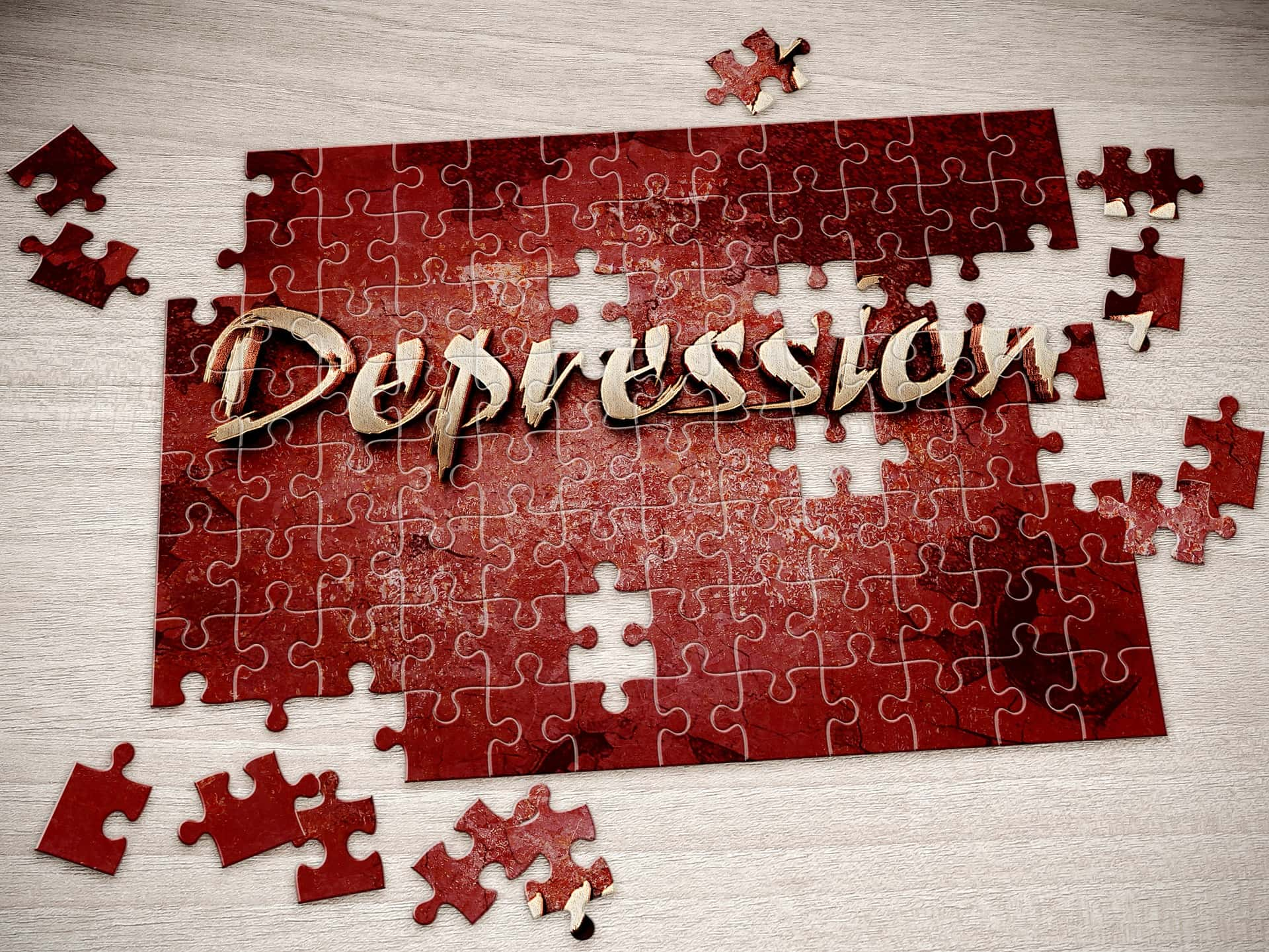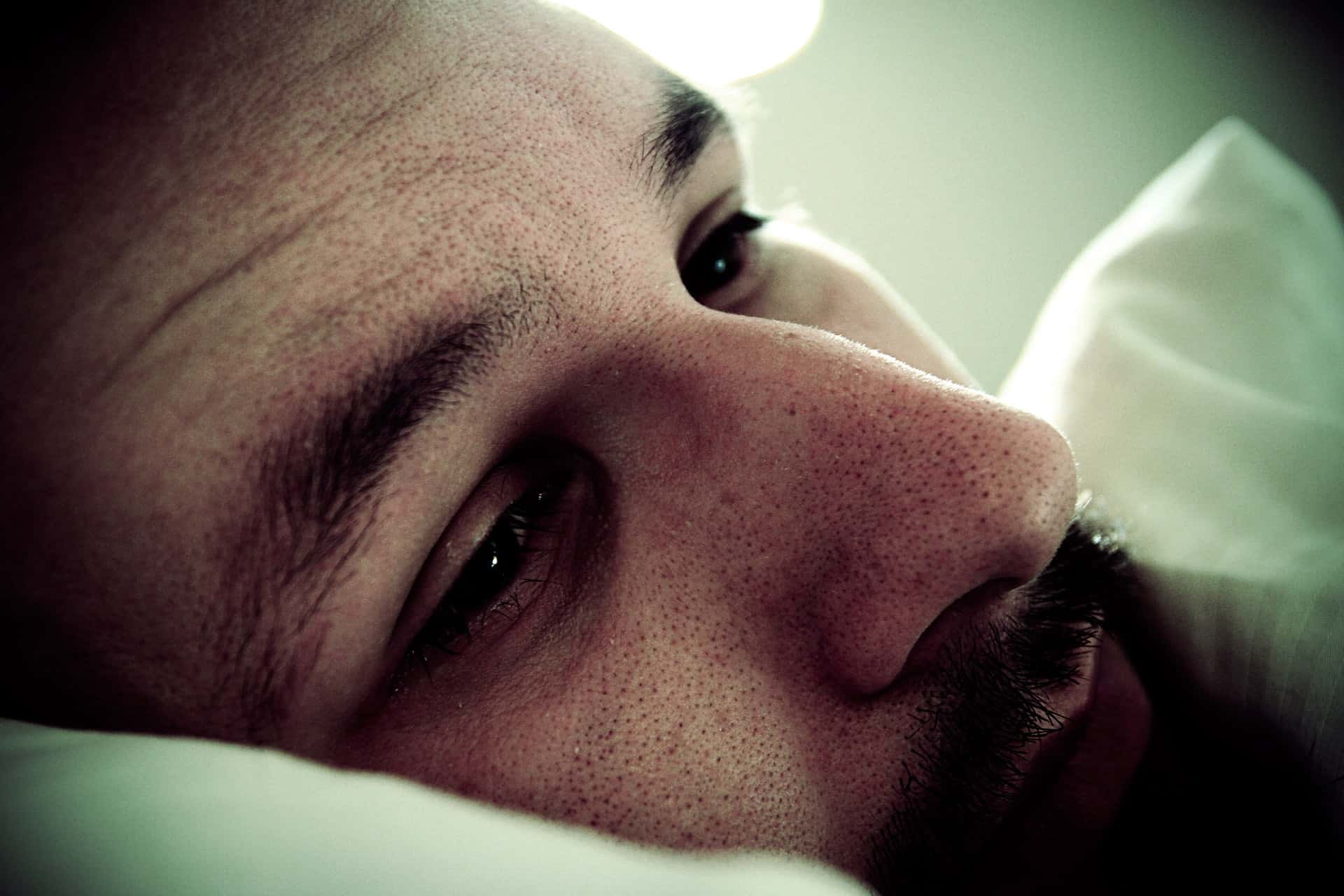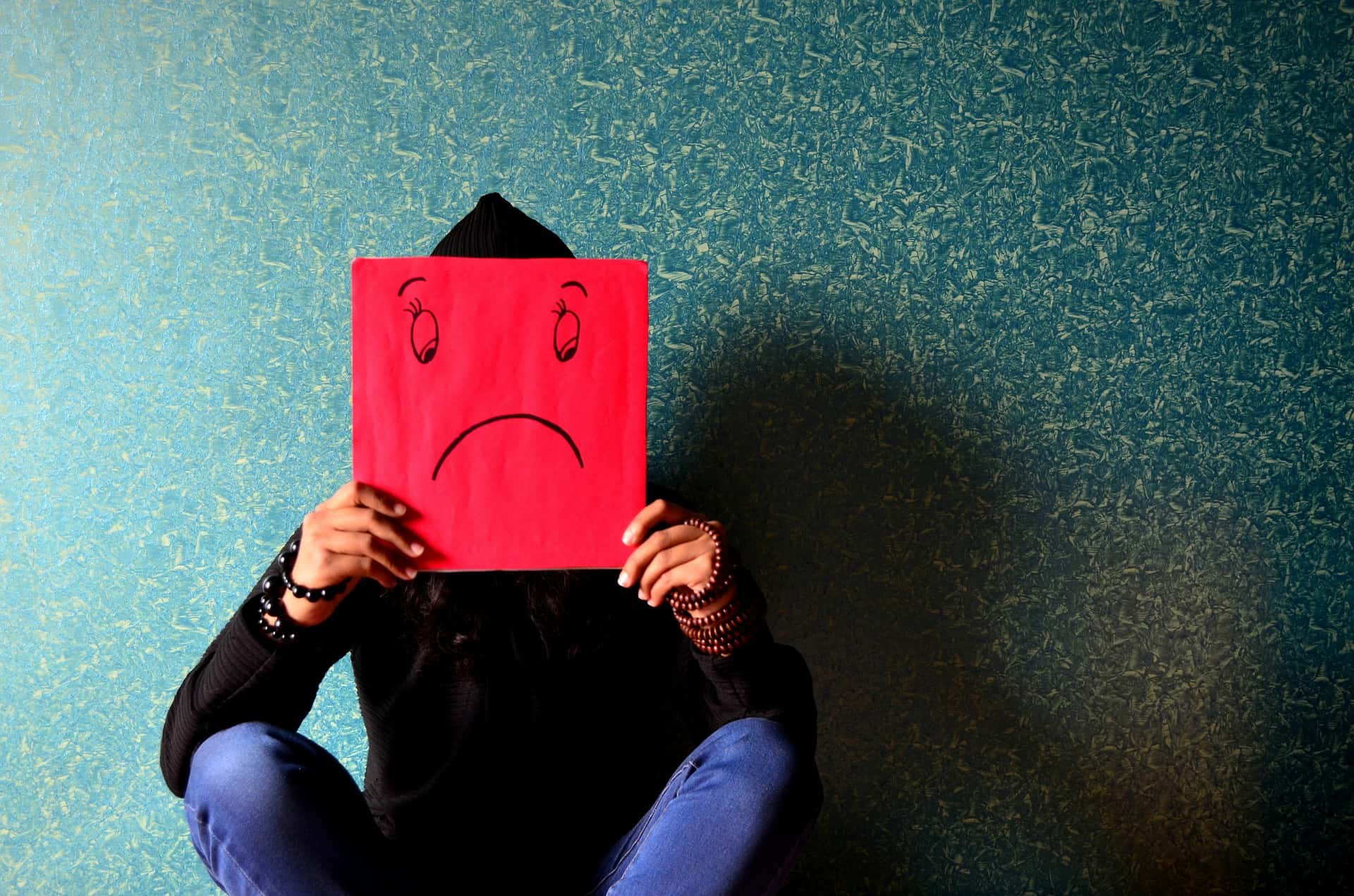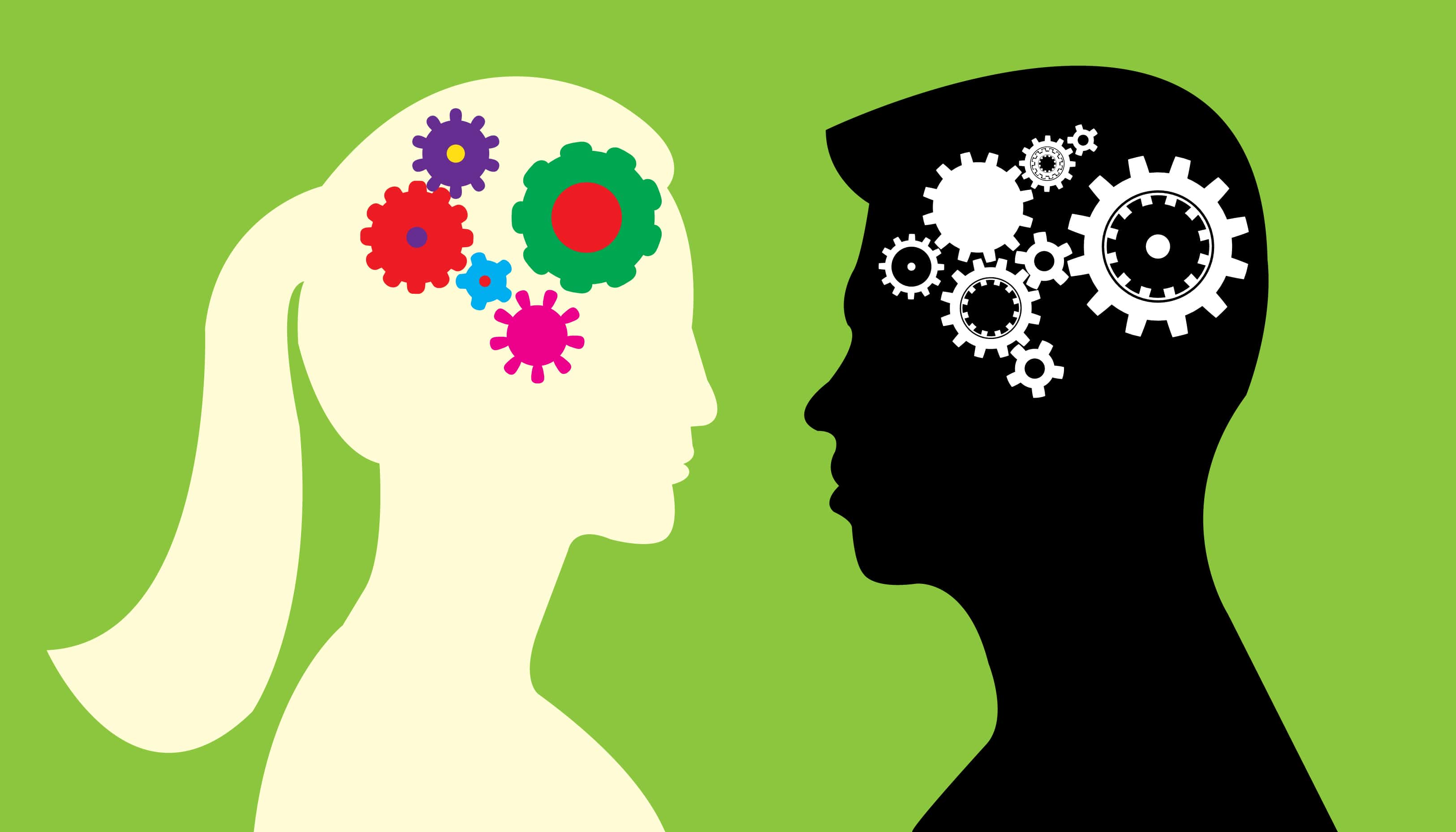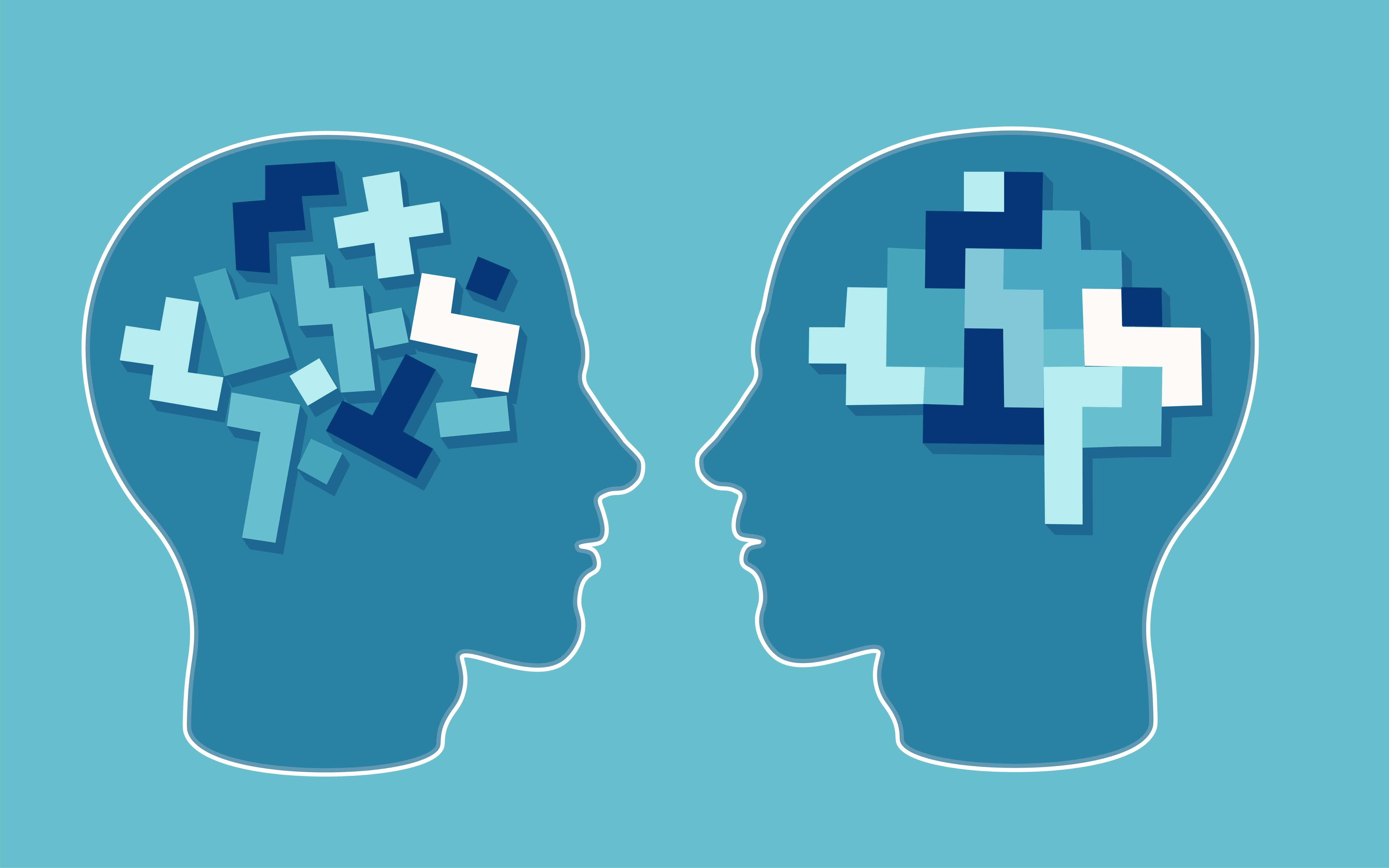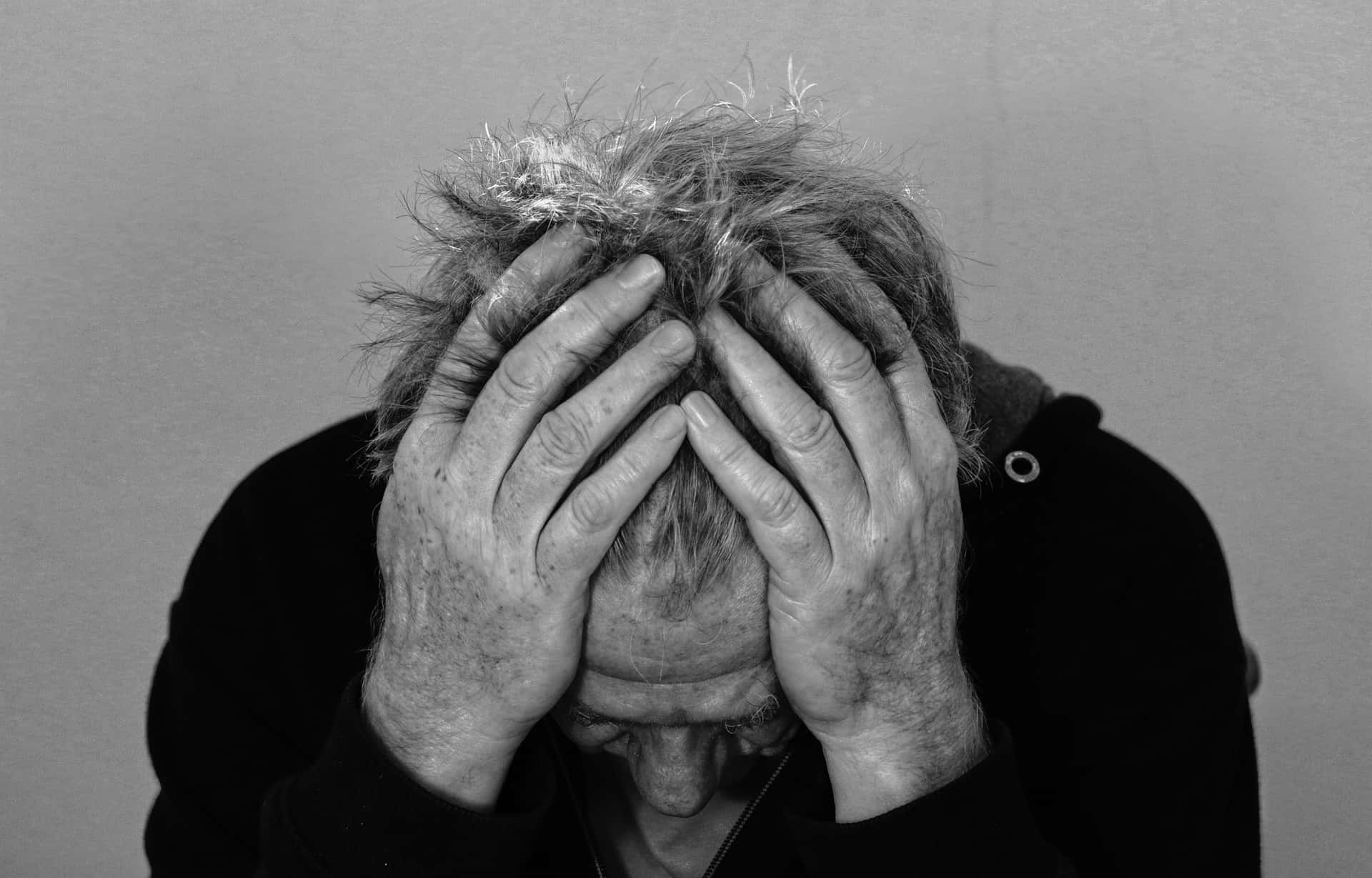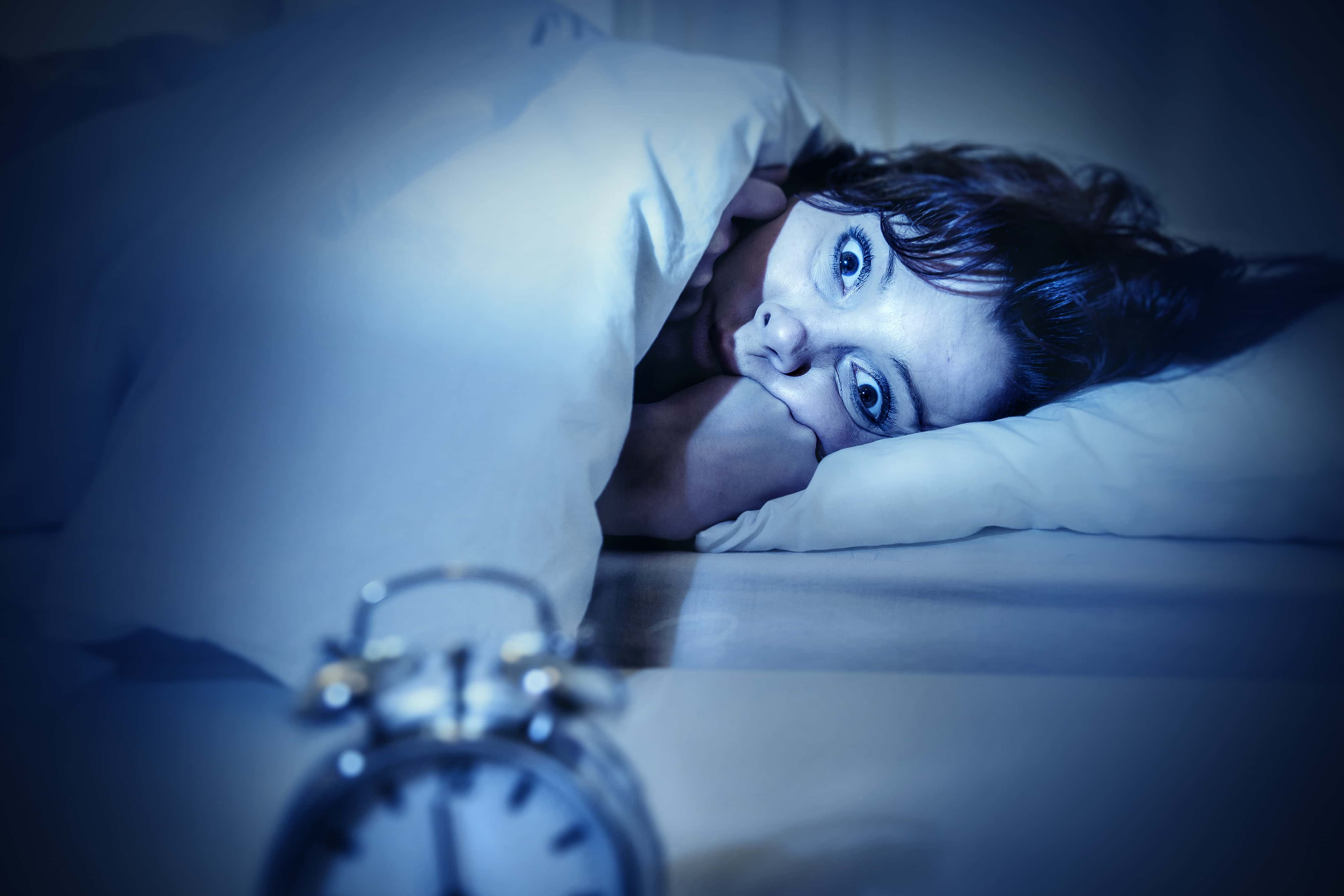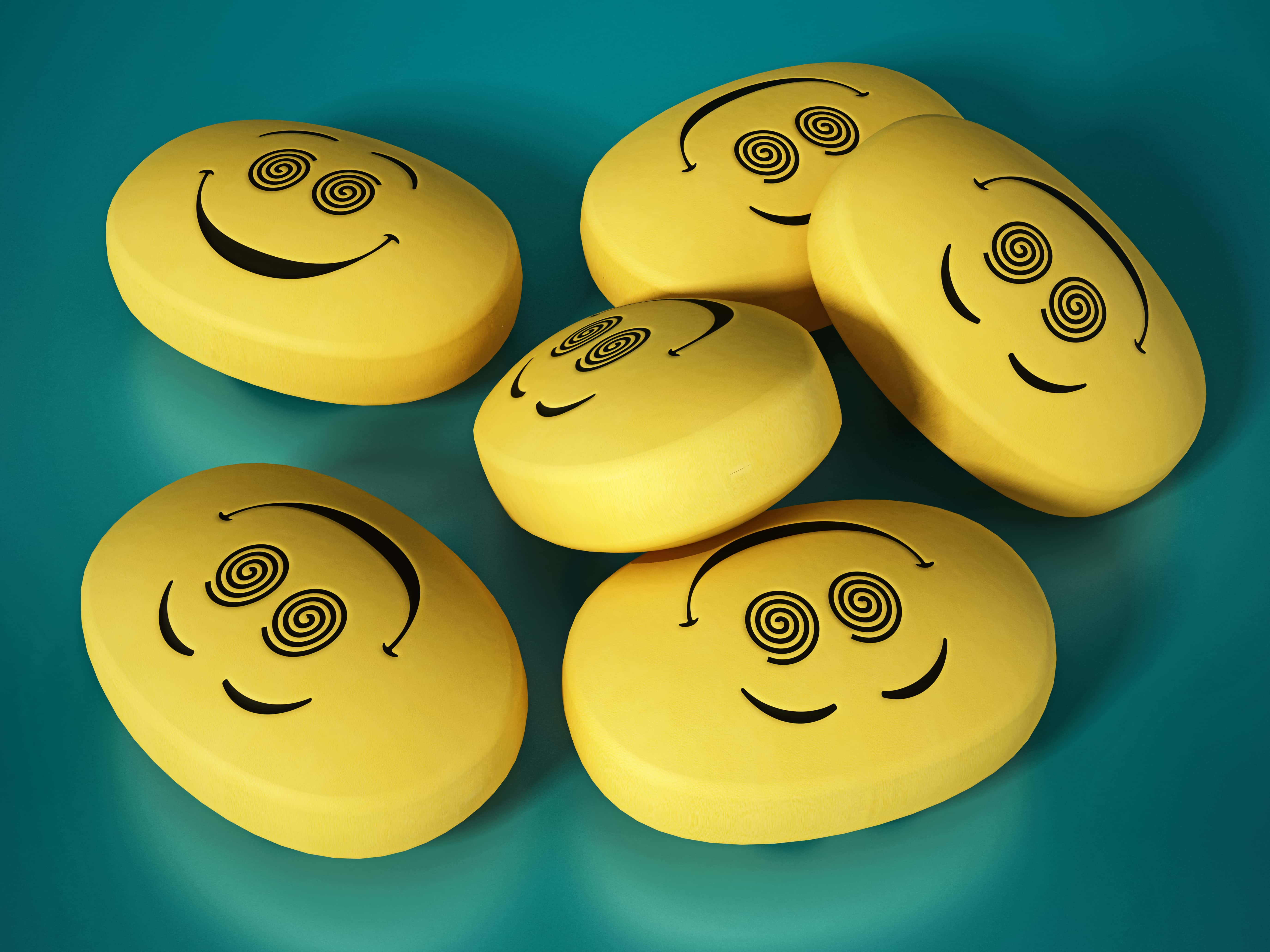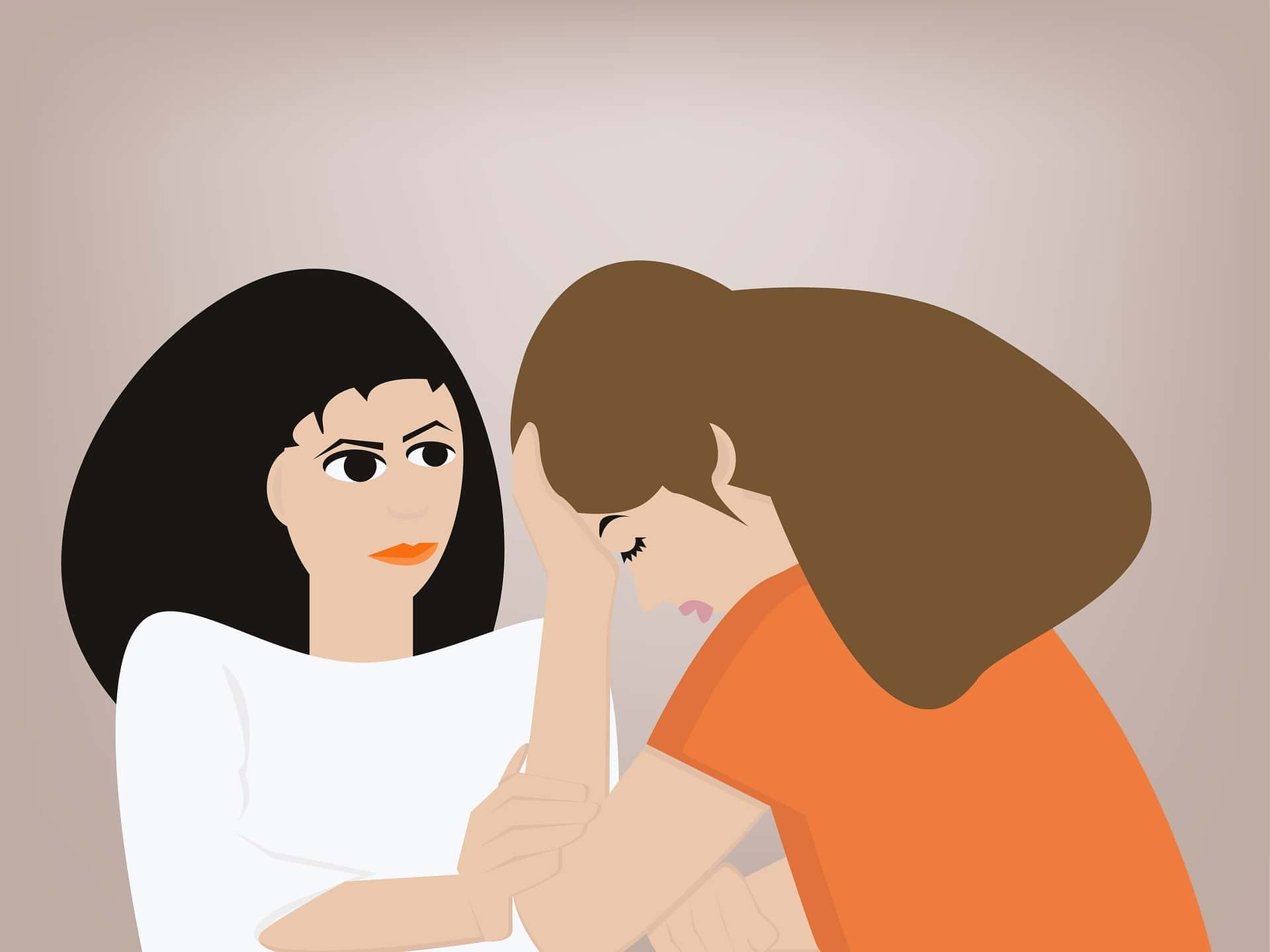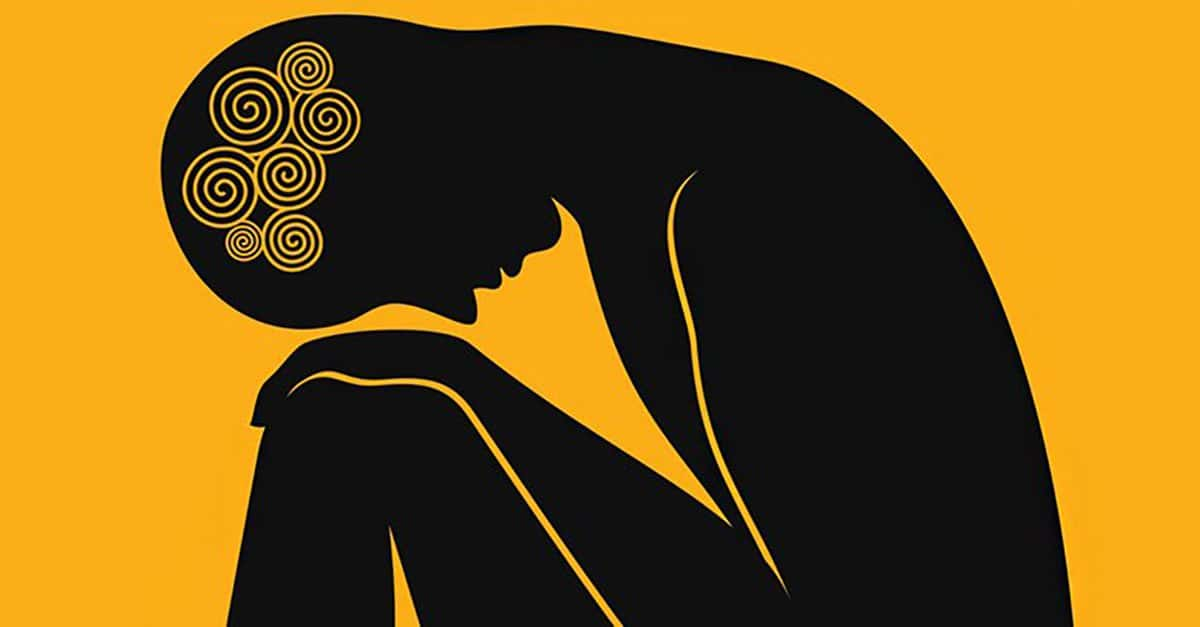“If you know someone who’s depressed, please resolve never to ask them why. Depression isn’t a straightforward response to a bad situation; depression just is, like the weather.”
- Stephen Fry
Many people see depression as a simple thing. You’re either sad or you’re not. Even worse, some people think you can just “get over it.” But those who suffer from depression know it’s not that simple. Depression is a complex, changing thing that may not be fully understood, even by those who have it.
Here are a few facts about depression.
40. A Rose by Any Other Name…
Though the term “depression” is now most commonly used to describe major depressive disorders, for most of history it was actually called “melancholia.” “Depression” wasn’t used until the 17th century.
39. The Effects are Devastating
Untreated, undiagnosed depression is the number one cause of suicide in the United States. In the U.S. alone nearly 45,000 people commit suicide every year, making it the 10th leading cause of death in the country. Among people aged 20-30, it’s the 3rd leading cause.
It's a tragic situation.
38. The Four Humors
The Ancient Greek doctor Hippocrates believed all illnesses, including mental illnesses, were caused by imbalances in the body’s “four humors”: yellow bile, black bile, phlegm, and blood.
37. It’s a Sad World
Depression is a common mental disorder and, globally, more that 300 million people of all ages suffer from some form of depression.
36. SOS
Approximately 80% of sufferers of depression are not receiving treatment.
The reasons for not seeking treatment can be incredibly varied, but there's often a problem with either the patient's fear of ostricization, or a medical professional's failure to adequately understand the severity of their suffering.
35. More than just “Down in the Dumps”
What we usually call depression is usually one of several different major depressive disorders, which are not the same as just “being sad.” Someone who is depressed will experience feelings of hopelessness and despair that can last for weeks or even longer. These feelings can negatively affect every area of someone’s life, leaving them feeling like there’s no way out.
34. Growing Pains
Over 8% of adolescents in the United States suffer from depression at any given time.
In a way, the simple fact that we have access to this statistic represents some amount of progress. For years, young people who suffered from similar symptoms might well have been told to "suck it up", or been given a similar admonishment. Today, are we are beginning to understand the lifelong impacts of depression, we are making some strides in diagnosing adolescents when they first present signs of suffering.
33. Blame Facebook
The age at which depression typically hits is getting younger and younger. Today, the average age for the onset of depression is between 24 and 35 years of age, with a mean age of 27.
Again, this an area where the impact may actually come more from an uptick in successful diagnosis, rather than increase in the people suffering. Without access to reliable statistics from most of human history, it's difficult to tell.
32. Suffering for Their Art
Depression seems to affect many creative individuals including Ludwig van Beethoven, John Lennon, Edgar Allen Poe, Mark Twain, Vincent Van Gogh, Ernest Hemingway, and Sylvia Plath.
31. Gender Inequality
Women are twice as likely to suffer from depression as men. This may be due in part to estrogen, which alters the activity of neurotransmitters that contribute to depression.
30. Mars vs. Venus
Men and women experience depression differently. Women may feel hopelessness and look for someone to listen to them and men may feel irritable, become socially withdrawn, and become violent or abusive.
29. Midlife Crisis
Middle-aged men often experience late onset depression as they get older. It’s been suggested that this might be due to a decrease in testosterone levels.
28. Snap Out of It
Stigma and misinformation lead many people to not take depression seriously. Depression isn’t the same as a bout of the blues, it doesn’t mean that someone is weak, and it often requires medical intervention to treat. Just because you can’t see it doesn’t mean it’s not real.
27. After Birth
Postpartum depression affects about 10% of new mothers.
It's a strange phenomenon, but one that is well documented in the annals of medical history. Although one might expect the experience of caring for a newborn baby to be both satisfying and exciting, it seems that many women experience almost untreatable feelings of dread, exhaustion, and lack of satisfaction.
26. It’s Sad Being Premature
Depressed women are more likely to give birth early, increasing health risks for both the mother and the baby. Between 14 and 23% of pregnant women experience some sort of depressive disorder.
25. Be More Shellfish
Eating seafood rich in omega-3 may help pregnant women with depression.
This is due to the connection between omega-3 and healthy brain function... a relationship which is only beginning to be fully understood.
24. Not All Love Songs
Many musicians have written songs about their experiences with depression. Some famous examples include “Hurt” by Nine Inch Nails, “Everybody Hurts” by R.E.M., “Adam’s Song” by Blink-182, and “Summertime Sadness” by Lana Del Rey.
23. A Magical Metaphor
J.K. Rowling reportedly based the Dementors, the horrifying cloaked creatures from the Harry Potter series, on her own experience with depression. Dementors are said to suck all the warmth and happiness out of any wizard within 100 metres. These iconic creatures are considered by many to be an amazing metaphor for the despair and hopelessness that comes along with depression.
 Harry Potter and the Prisoner of Azkaban (2004), Warner Bros.
Harry Potter and the Prisoner of Azkaban (2004), Warner Bros.
22. Depressident of the United States
Abraham Lincoln fell into a deep depression after his first love, Ann Rutledge, died. He reportedly suffered from chronic depression his entire life. Unfortunately, trying to distract himself by going to the theater didn’t help.
21. (Maybe Don’t) Get Me a Drink
A bottle of beer or a glass of wine might help you unwind after a hard day, but in the long-term, alcoholism is associated with depression. This might be partly because chronic heavy drinking can kill neurotransmitters that are important for good mental health.
20. Blame Your Parents
Genetic predisposition to depression is a possible explanation for why one person may suffer from depression while another doesn’t.
19. Doublemint Bummed
Identical twins who have the exact same genes will both develop depression about 30% of the time.
18. Going Green
Though medical marijuana has been used to treat anxiety, research on marijuana and depression is still in its early stages. It isn’t yet clear if smoking medicinal marijuana helps with depression, if it makes it worse, or neither.
17. Laughter is the Best Medicine
Research suggests that depression can shorten the life of cancer patients by years. As if the cancer wasn’t bad enough. Unfortunately, people who suffer from chronic diseases are more likely to suffer from depression and vice versa. There is a strong correlation between depression and other diseases like stroke and heart disease, obesity, Parkinson’s disease, arthritis, epilepsy, diabetes, AIDS and cancer.
16. This is Your Brain on Sadness
A depressed brain looks different than a non-depressed brain. When a person is depressed, imaging has shown that the structures and brain circuits are different.
15. With a Creamy Sad Filling
People who are depressed don’t always look depressed. People might seem upbeat and cheerful on the outside, but are constantly in pain on the inside. Robin Williams was a prime example.
14. Turn up the Heat
According to a study by researchers at the University of Arizona, warming someone up might be able to help people who suffer from severe depression. The study found that increasing someone’s core body temperature could potentially have antidepressant effects.
13. Mind Over Body
Depression can affect the body in other ways, such has headaches, stomach problems, shortness of breath, and general tension.
12. Gut Feeling
There is some evidence that depression can be the result of a complex relationship between “gut” bacteria, the brain, and the central nervous system. Probiotics and prebiotics may play a role in depression management.
11. Sleep No More
People with depression are five times more likely to have a breathing-related sleep disorder.
10. A Vicious Circle
Depressed people often don’t have the energy to interact with others, so they withdraw from social situations as much as possible. Also, when they do get out they’re often not fun to be with. This only makes the problem worse, because social interaction can help make depressed people feel better, and isolation often only makes them feel even more depressed.
9. Antidepressants Aren’t Necessarily a Quick Fix
Though there are many drugs that have proven to be helpful in treating depression, that doesn’t mean it’s always going to be that simple. Different patients respond differently to certain drugs, and antidepressants are only one of many treatment options. Often, a combination of treatments is the best way to help someone who’s depressed.
8. Origin Story
Depression can be biochemical or situational. If it’s situational, counseling with friends or professionals can help. If it’s biochemical, medication and therapy might be necessary.
7. Winter is Coming
People who suffer from depression may experience more cognitive impairment on less sunny days than on sunny days. Seasonable affective disorder (SAD) is the term for depressive periods related to a change of season. SAD is four times more common in women than in men.
6. Walk it Off
Exercise is a cheap cure for depression. Just walking for thirty minutes can be enough to alleviate symptoms. For this reason, many therapists go for walks with their clients instead of having them lie on the couch.
Which doesn't lend itself as well to dramatic movie scenes... but might well lead to dramatically improved outcomes for today's therapy patients.
5. Getting Fixed
The proliferation of theories about cause and effect in the arena of mental health, can lead to a bit of confusion among mental health experts. Even those who've dedicated their entire lives to studying and learning about this phenomenon, can find themselves flummoxed by individual cases.
For this reason, therapy can take on many forms, including psychotherapy, cognitive behavioral therapy, and transcranial magnetic stimulation.
That last one sounds pretty attractive...
4. Sympathy for the Devil
Unsurprisingly, depression was not well understood before the 20th century. It was acknowledged as far back as 2000 BC by the Ancient Mesopotamians, but they believed that all mental illnesses were the result of demonic possessions. In fact, as late as the 19th century, depression was believed to be caused by demonic possession, and priests would actually force depressed people to undergo exorcisms.
3. Eastern Medicine
The idea that mental illness was caused by demonic possession persisted in Europe for centuries. In contrast, Persian doctors in Baghdad in the 9th and 10th centuries AD understood that the cause of depression and other mental disorders lay in the brain. They prescribed hydrotherapy and behaviour therapy as treatment—no doubt a lot more pleasant than the exorcisms happening in Europe.
2. Depression can be Costly
Depression is the second biggest cause of missed work in the U.S.
As would be expected, people suffering from depression are also usually less productive when they do make it to work, if they manage to do so at all.
The World Health Organization estimates that the lack of recognition and care for depression and anxiety will lead to a global economic loss of a trillion U.S. dollars every year. That is $1,000,000,000,000!
That being the case, many leading organizations are beginning to offer their own treatment options for those suffering from poor mental health. The thought process being that a dollar spent on treatment or prevention will save many more dollars in productivity down the road.
1. Lots of Ways to Find Help
If you’re feeling depressed, there are many ways for you to find the help you need. Whether it is a friend, a family member, a doctor, a teacher, a mental health hotline or another service, simply talking about it is often the first step towards recovering. No one should have to deal with depression alone, and there are always ways to find the help and to start feeling better.
Sources: 1, 2, 3, 4, 5, 6, 7, 8, 9, 10, 11, 12, 13, 14, 15, 16, 17, 18, 19

